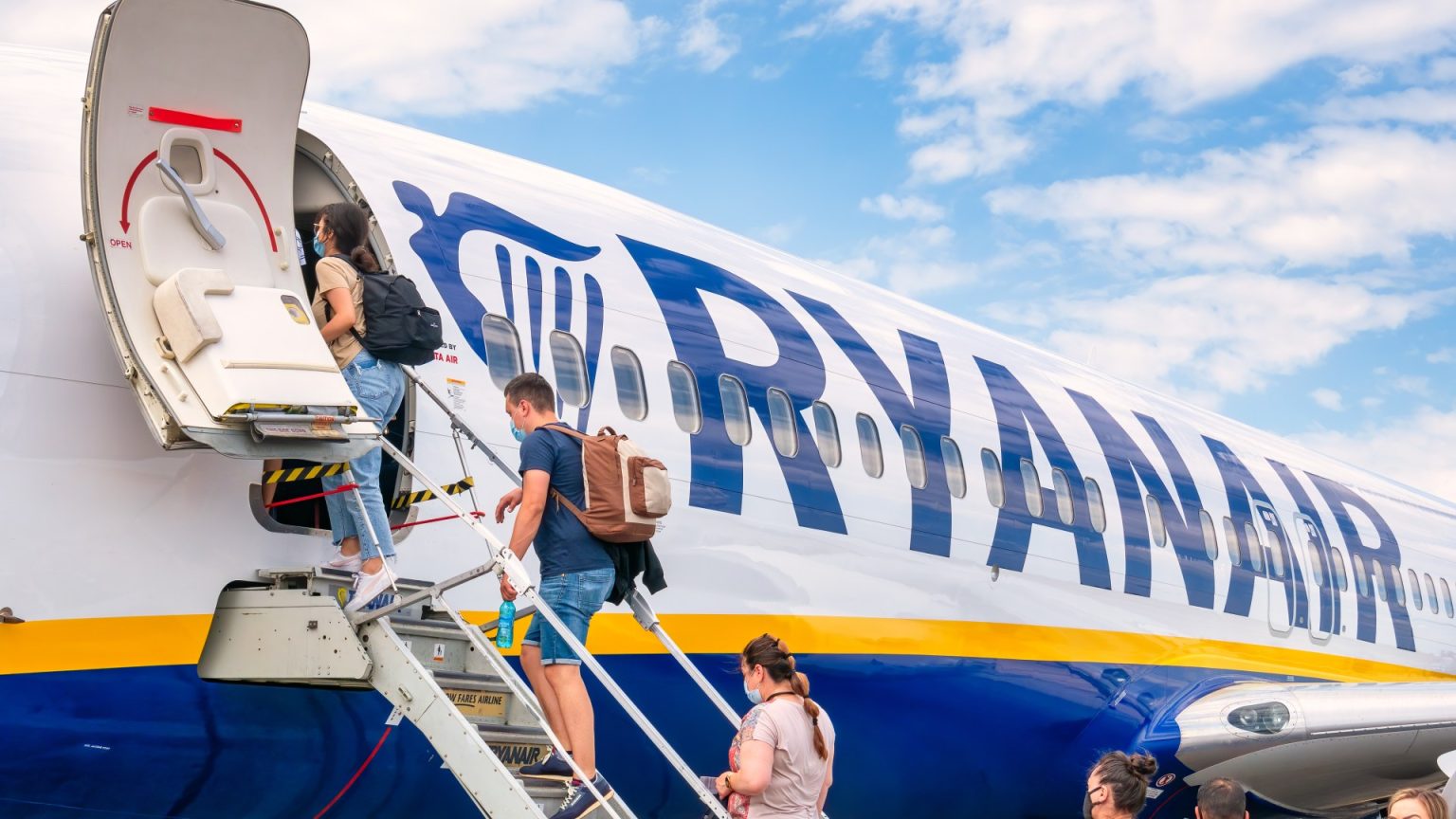Ryanair, Europe’s leading budget airline, has announced a significant reduction in its summer flight schedule, impacting approximately 800,000 seats across 12 routes, primarily affecting airports in Spain. This capacity reduction will result in the cancellation of thousands of flights, affecting both domestic and international travel plans. The airline attributes this decision to “excessive” airport fees levied by the Spanish airport operator, Aena. While these fees have been frozen since the COVID-19 pandemic and are currently among the lowest in Europe, averaging €10.35 per passenger, Ryanair argues that they hinder the growth and development of regional airports, leaving substantial airport capacity unused. Ryanair’s CEO, Eddie Wilson, has emphasized that the lack of growth incentives from Aena is detrimental to regional Spanish airports.
In response to the perceived unfavorable operating environment in Spain, Ryanair plans to reallocate some of its aircraft currently based there to other countries that offer more attractive incentives for growth. These countries include Italy, Sweden, Croatia, Hungary, and Morocco, suggesting a strategic shift in Ryanair’s operational focus. This move underscores the airline’s commitment to cost-effective operations and its willingness to adjust its network to maximize profitability in a competitive market environment. The reallocation of aircraft demonstrates the dynamic nature of the airline industry where carriers continually evaluate market conditions and adjust their operations to optimize resource allocation.
The impact of this capacity reduction on UK flights remains uncertain, as Ryanair has yet to specify the extent to which UK-bound services will be affected. However, this announcement follows a pattern of previous threats by Ryanair to reduce services in certain markets due to disputes over airport fees and government policies. In 2022, the airline threatened to cut flights from ten airports in France in response to a proposed tax hike on airline tickets by the French government. This proposed tax increase would have tripled the existing taxes on airline tickets and private jets. Ryanair responded by reviewing its French schedule and considering a 50% capacity reduction to regional French airports starting in January 2025 if the tax hike went into effect. This demonstrates Ryanair’s sensitivity to cost increases and its willingness to take decisive action to protect its profitability.
The recent announcement of flight reductions in Spain also comes on the heels of another potential conflict with the UK government. Following the autumn budget announcement that includes an increase in Air Passenger Duty (APD) on flights across the continent, Ryanair CEO Michael O’Leary warned of potential flight cancellations from UK airports. The APD increase of £2, bringing the total to £15, could lead to a 10% reduction in Ryanair’s UK capacity, equivalent to approximately five million passengers. This highlights the ongoing tension between airlines and governments regarding taxation and its impact on the affordability of air travel.
This series of events underscores the complex operating environment faced by budget airlines like Ryanair. Balancing the demand for affordable air travel with the economic pressures of fluctuating fuel costs, airport fees, and government policies is a constant challenge. Ryanair’s strategy appears to be one of aggressive cost control and rapid adaptation to changing market conditions. The airline’s willingness to adjust its network and capacity demonstrates its flexibility and commitment to maintaining its low-cost model.
Passengers traveling with Ryanair are advised to be aware of the airline’s baggage policy, which allows for one small personal bag free of charge, while larger cabin bags are subject to fees and may be placed in the hold. Checking in at the airport also incurs a fee, and passengers should be mindful of potential additional charges for services like extra legroom seats and priority boarding. These ancillary fees are a key component of Ryanair’s revenue model, allowing the airline to maintain low base fares while generating revenue from additional services. Passengers are encouraged to familiarize themselves with these policies to avoid unexpected expenses. The airline’s recent expansion into the Turkish market, with new flights from London Stansted, indicates that despite challenges in some markets, Ryanair continues to explore new opportunities for growth and expansion in others. This proactive approach to network development reinforces Ryanair’s position as a major player in the European aviation landscape.


